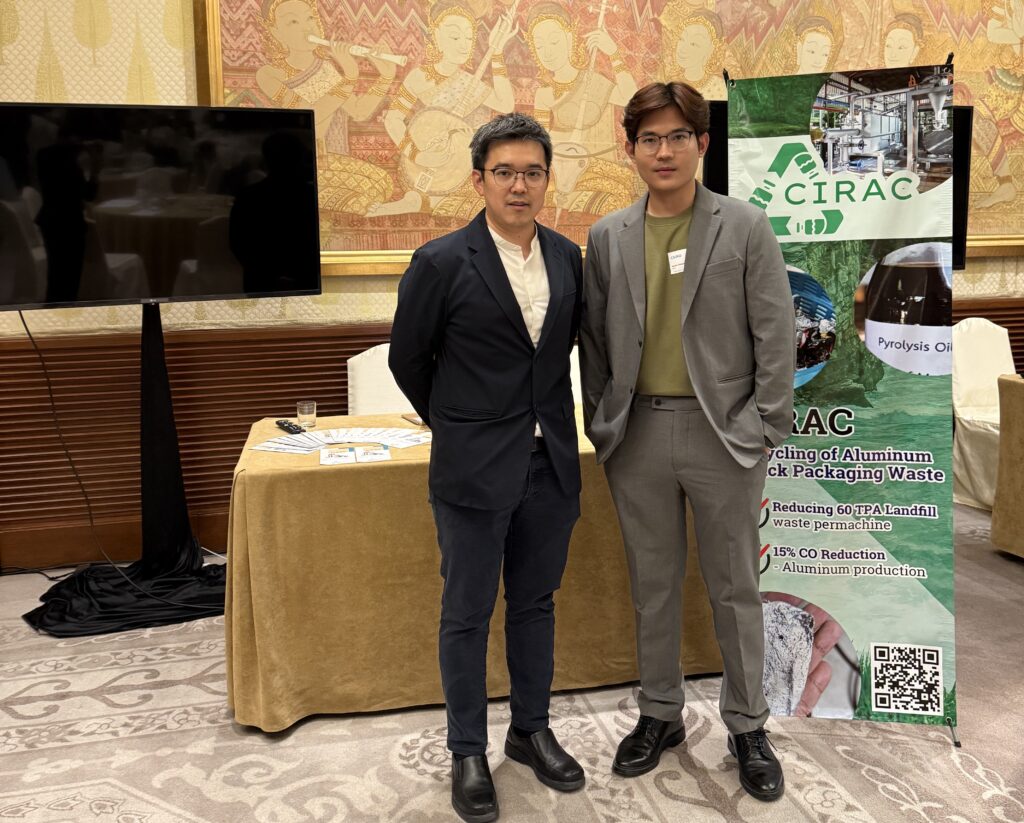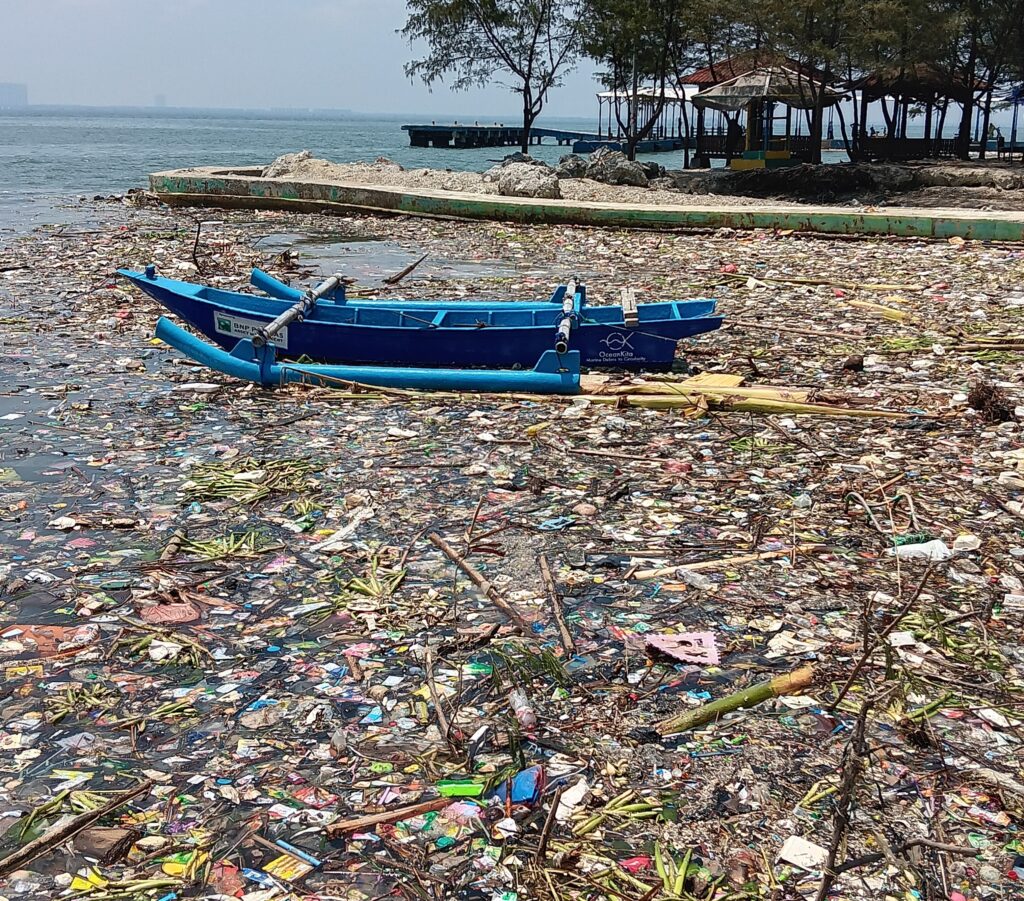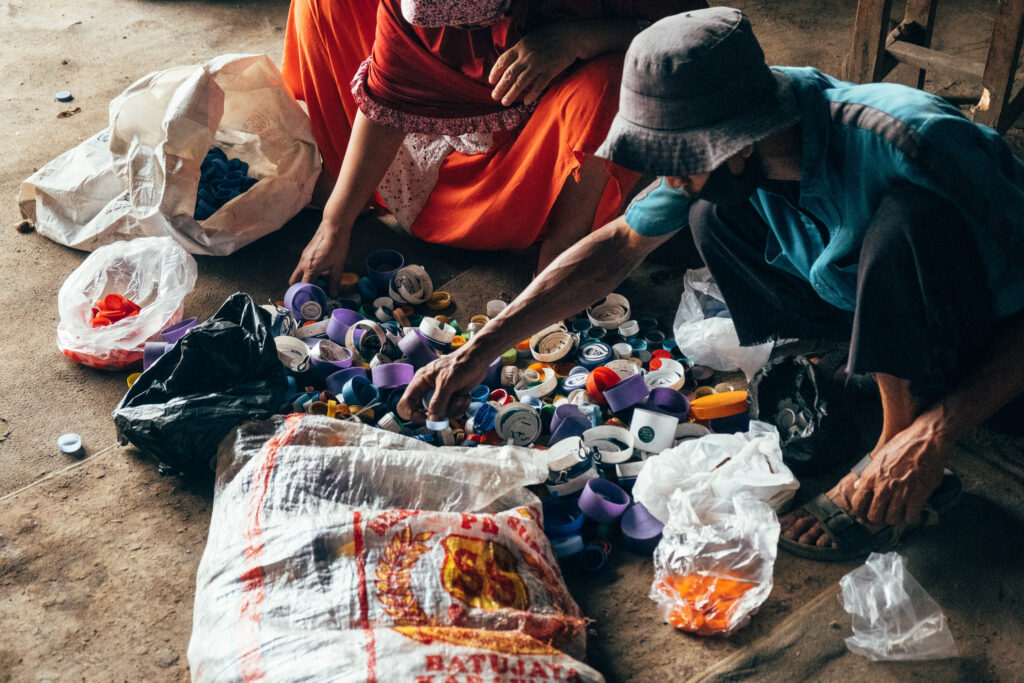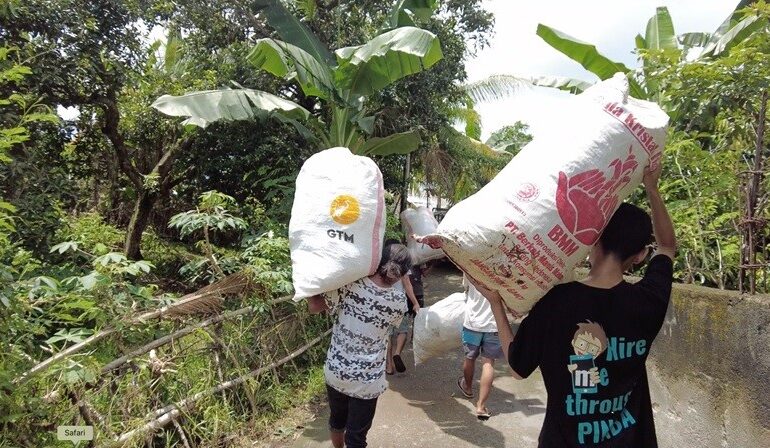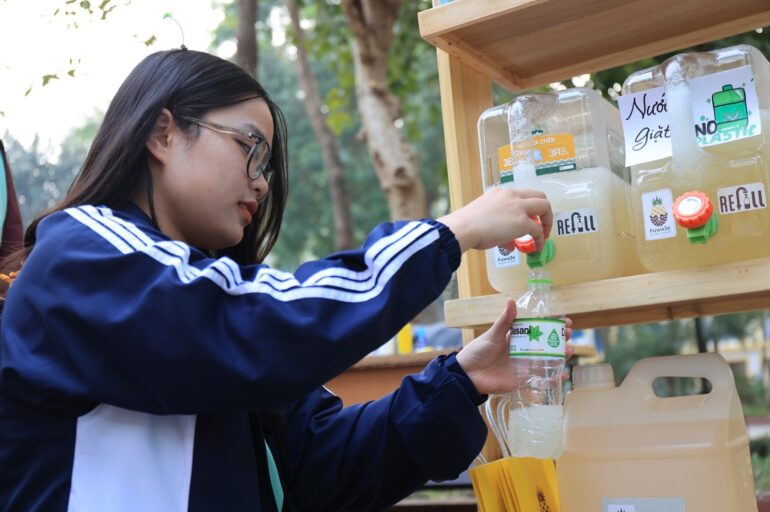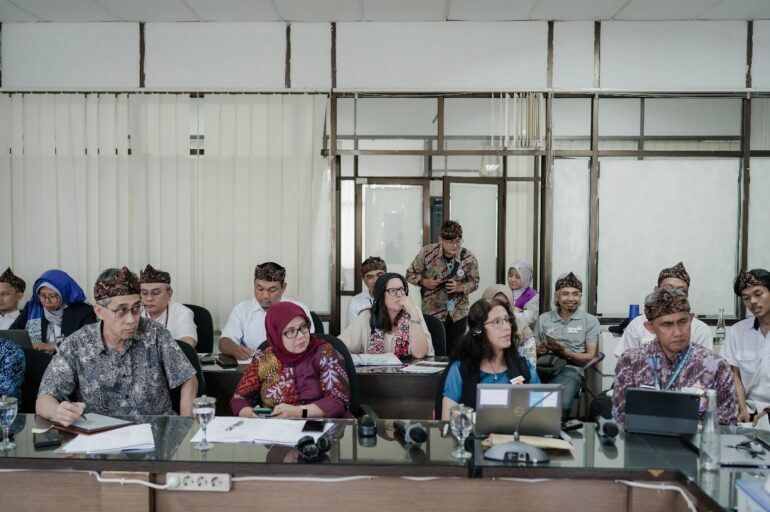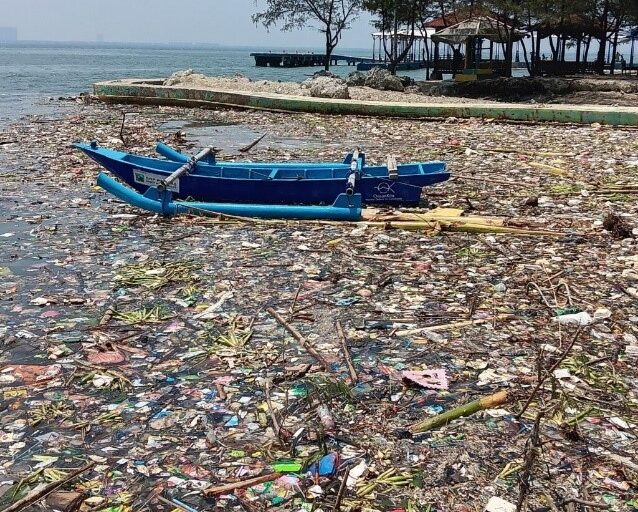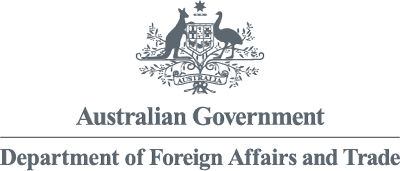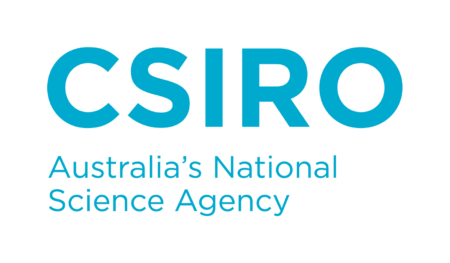Grants
We’re ending plastic waste in the Indo-Pacific by pioneering a new era of sustainable innovation through IPPIN Seed Grants
The Grant is aimed at accelerating innovative real-world solutions for reducing plastic waste entering the environment.
IPPIN Seed Funding Grant Program is a CSIRO initiative and supports a broader partnership with the Indonesian, Vietnamese and Thai governments.
Why the IPPIN Seed Grant is so critical
The grant scheme provides financial support to accelerate real-world solutions that work to:
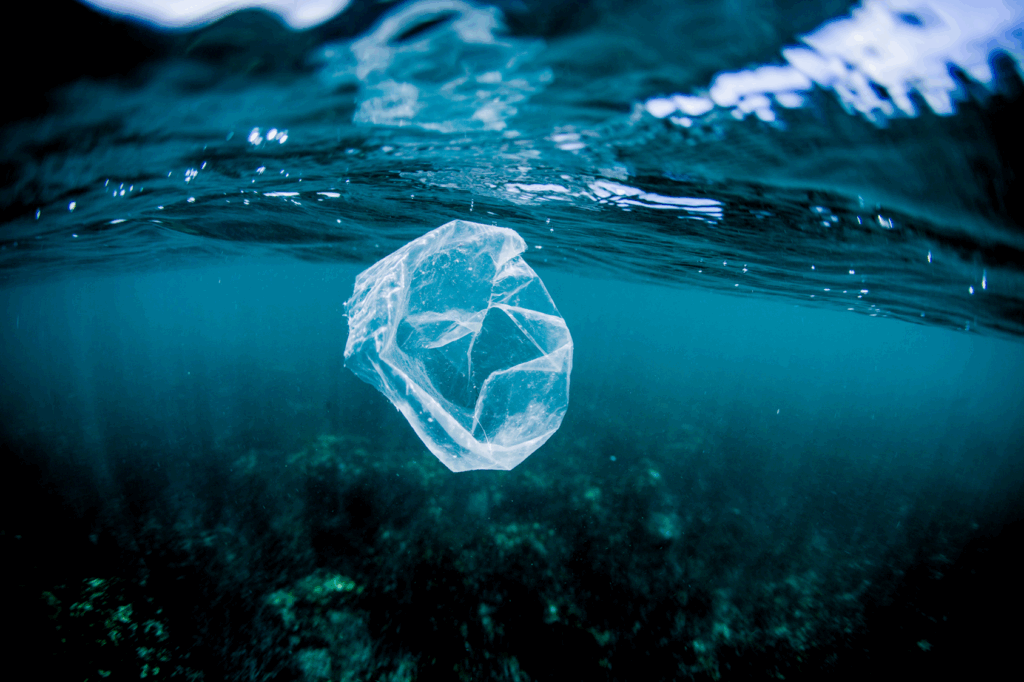
reduce plastic leakage
into the marine environment

enable a collaborative innovation ecosystem and build connectivity with partners globally

create and improve on the design and delivery of deep-tech solutions
in emerging or under-resourced domains.

build innovation outcomes
relevant to the Australian, Indonesian, Vietnamese and Thai governments’ priorities
Round 3 of the IPPIN seed funding grant program is now closed.
IPPIN grants recipients are chosen through a rigorous application process.
All eligible applications were assessed by members of an independent assessment panel. These are then ranked and reviewed by the IPPIN Review and Evaluation Panel, with final funding recommendations approved by the IPPIN Program Delegate.
Relevant documents below:
Inspiring examples from Round 3
After a competitive and rigorous process, we’re proud to share the 2025 recipients of the IPPIN Seed Grant.
These projects fill critical gaps in the plastics innovation and research space and will make important contributions towards the UN plastics Treaty goals.
1. Macquarie University and The Thailand Plastics Circularity Accelerator
Project name: Closed loop multilayer plastic packaging waste transformation to aluminium and pyrolysis oil as raw material for producing plastic
| Project lead | Project Partners | Grant amount |
| Macquarie University | CIRAC | $100,000.00 |
The Thailand Plastics Circularity Accelerator (CIRAC) are partnering with experts at Macquarie University to develop technology that can convert aluminium-laminated thermoplastic waste using a unique reactor. The process separates plastic and aluminium in snack packaging, converting plastic waste into fuel oil to be further developed and reselling aluminium back to the industry. This grant enhances this ground-breaking thermal processing of plastic waste, offering a cost-effective alternative to traditional recycling methods.
2. Central Queensland University and OceanKita/Global MeteOcean
Project name: NO-PLASTIC: Next-gen Plastic Litter Assessment with AI for Improved Cleanups
| Project lead | Project Partners | Grant amount |
| Central Queensland University | OceanKita Global MeteOcean | $97,313.00 |
OceanKita and Global MeteOcean, in collaboration with Central Queensland University is initiating the co-development of an advanced Marine Pollution Tracker platform named “NO-PLASTIC” to enhance the detection, tracking, and management of marine plastic pollution. This project will integrate advanced computer vision and machine learning to automate pollution assessment using drones and CCTVs, reducing manual efforts and improving drift prediction accuracy. It will enhance using Thomsea trawl-nets for cleanups and managing debris before it reaches critical areas. Focusing initially on Jakarta Bay, the initiative advances collaboration between Australia and Indonesia, paving the way for improved regional and global marine data management.
3. CSIRO and DJAMU
Project name: Applying polymer science to real-world upcycling. A case study in Depok, Jakarta
| Project lead | Project Partners | Grant amount |
| CSIRO | DJAMU | $55,470.00 |
CSIRO is partnering with DJAMU, a start-up transforming post-consumer beverage bottle caps into recycled plastic weaving yarn and filament in Indonesia. By combining DJAMU’s creative local solutions with CSIRO’s cutting-edge technical expertise, DJAMU will use this grant to tackle the challenge of achieving consistent mechanical properties in recycled plastic extrusion. The local lessons from Depok, Jakarta, will have global significance for innovative upcycling.
Explore IPPIN Grants Case Studies
Dive deeper into the stories behind the impact:

